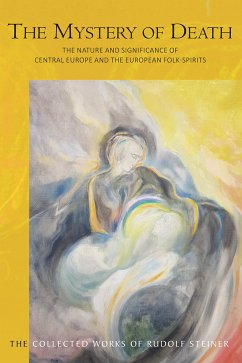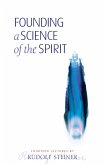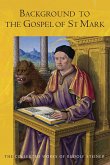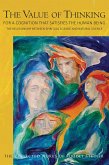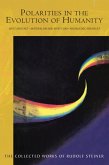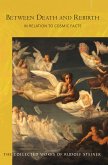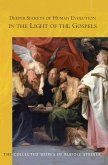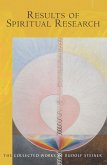Speaking during the early stages of the First World War - with the Western Front just miles away and thousands of young men dying - Rudolf Steiner focuses on the subject of death. In particular, he addresses the difficult question of why some people die prematurely, particularly in youth. Steiner also speaks of the deaths of three of his acquaintances, having made contact with their living souls in the afterlife. He voices their own words and describes the first stages of their journeys after death. Rudolf Steiner strikes a second chord with the description of the task of Central Europe in the context of the various 'Folk-souls'. The influences of these spiritual entities are reflected in the culture and life of various peoples, but do not promote nationalism. In fact, nationalism can only be transcended when we understand and recognize our differences. This approach is based on phenomenology rather than value-judgements. The third main theme running through these lectures relates to understanding the impulses and connections active in history. Reaching beyond simple notions of 'fate', are we able to allow for the workings of the impulse of Christ?These extraordinary lectures, previously unpublished in English, are presented here with an introduction, notes and an index. Fifteen lectures, various cities, Jan.-Jun. 1915, GA 159
Dieser Download kann aus rechtlichen Gründen nur mit Rechnungsadresse in A, B, BG, CY, CZ, D, DK, EW, E, FIN, F, GR, H, IRL, I, LT, L, LR, M, NL, PL, P, R, S, SLO, SK ausgeliefert werden.

